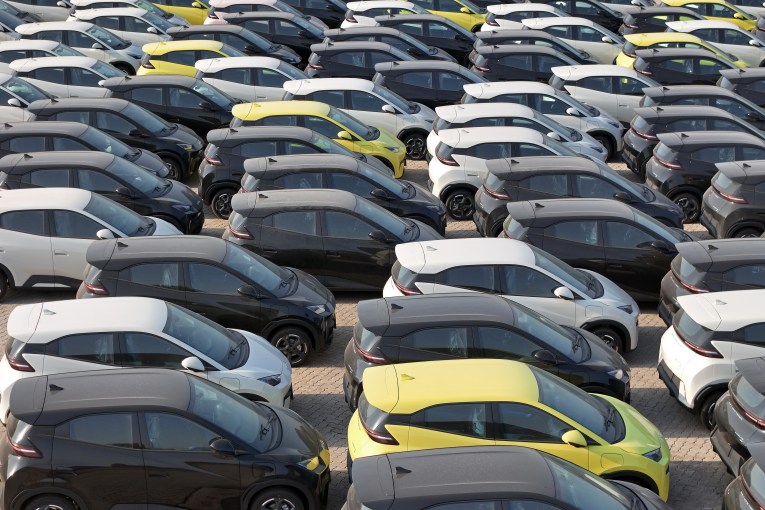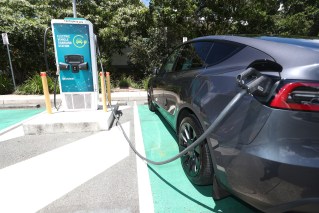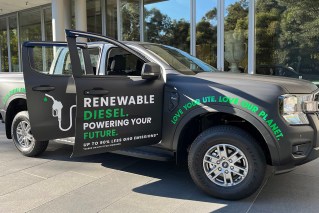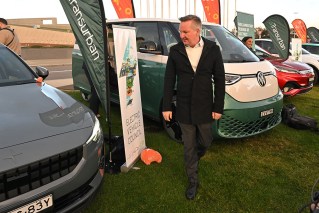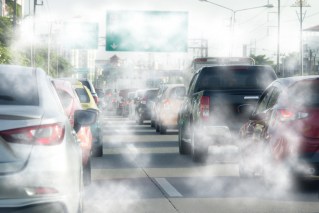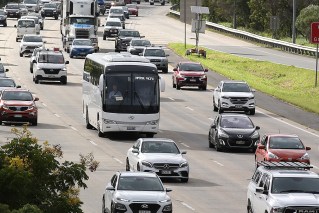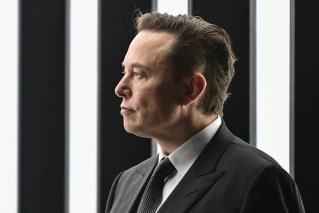Driverless cars ‘too unsophisticated’ to be safe
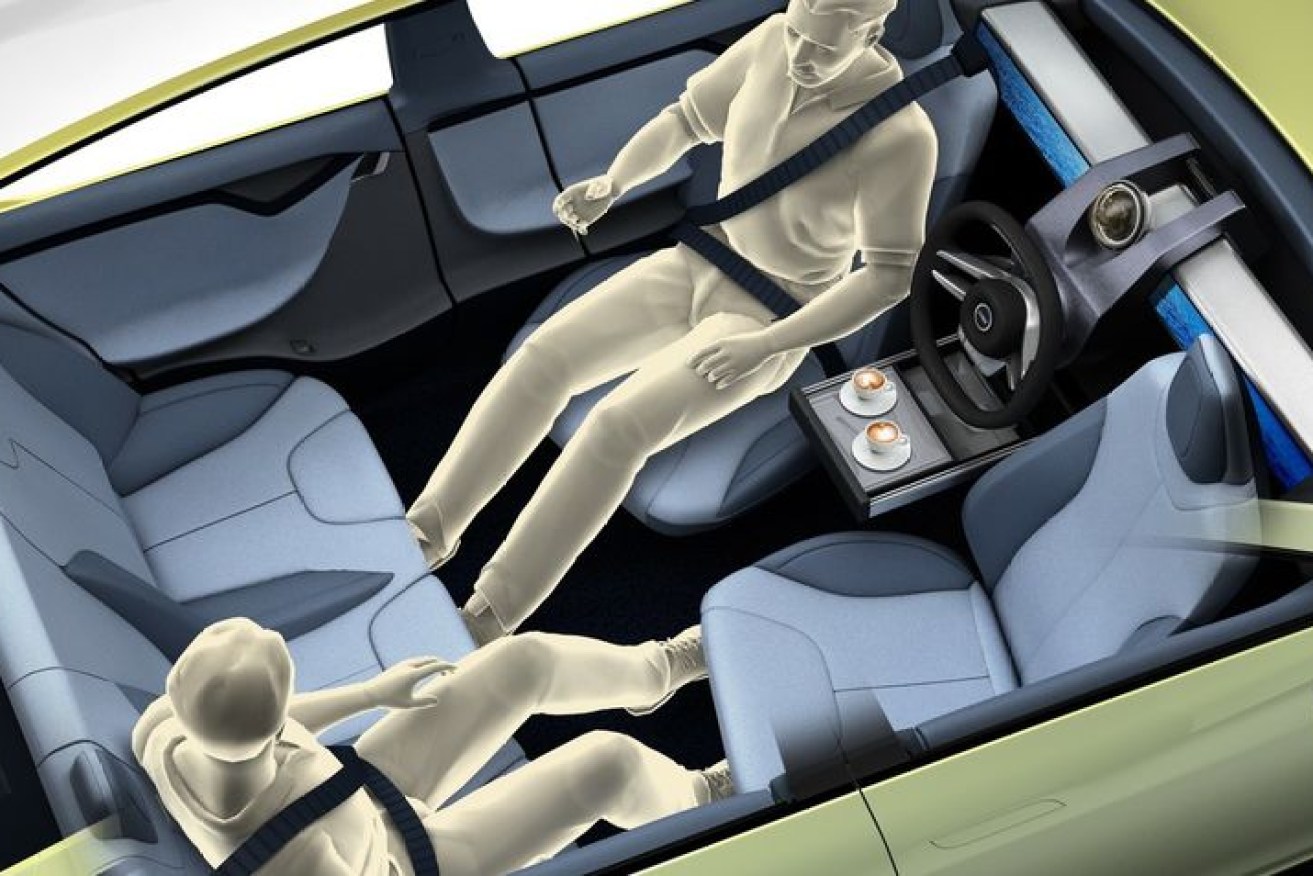
Expert Ann Williamson warns driverless car testing is moving too fast. Photo CarAdvice
As global high-tech companies rush to be the first to develop fully autonomous driverless cars, an Australian expert has warned they might be moving too fast.
For Australian consumers the shift to autonomous vehicles has already begun, with Tesla and Volvo both selling cars which feature automatic steering functions.
The vehicles are able to steer on their own, negotiate surrounding traffic and change lanes. They are not yet able to read traffic lights.
But the recent death of a Tesla driver in the United States has sparked safety concerns.
Technology not advanced enough

Professor Ann Williamson says the testing of driverless cars is proceeding too quickly. Photo: ABC
Professor Ann Williamson from the University of New South Wales said the testing was proceeding too quickly.
“Our technology is too unsophisticated — the sensors that are being used in many of the vehicles just aren’t quite good enough to allow the vehicle to take complete control,” she said.
“At the moment we’re asking drivers to just sit passively and wait until something happens and then it asks them to just take over really quickly and that’s something human beings don’t do very well.”
Joshua Brown

Joshua Brown was killed when his car crashed in autopilot mode. Photo: Supplied (Nexu Innovations)
Joshua Brown, 40, was killed in Florida in May when his Tesla failed to differentiate between the side of a turning truck and the sky while operating in autopilot mode.
His vehicle failed to stop and ploughed into the truck, killing him.
Tesla Australia communications manager, Heath Walker, said drivers should keep their hands on the steering wheel at all times when their car was in autopilot mode.
He said the software in Tesla vehicles had been updated since Mr Brown’s death to rely more heavily on radars instead of a camera.
“If the same scenario was to occur again, we’ve been on the record in saying that what we believe would happen is that it wouldn’t have occurred,” he told 7.30.
‘Risks may not get picked up in the excitement’
Cyclists and pedestrians have also raised concerns about the transition to driverless cars.
The Amy Gillett Foundation’s Rod Katz predicted a moral hazard in which an autonomous vehicle was programmed to protect the passenger in the vehicle, even if it meant hitting a pedestrian or cyclist on the road.
“It could be fantastic but there are also real risks there,” he said.
“That’s my concern, that the risks are not going to get picked up in the excitement.”
The executive director of the Australian Driverless Vehicle Initiative, Rita Excell, has called for industry and regulators to work closely to manage the safety concerns.
“Crashes on our roads are caused by humans making mistakes, so if this technology can reduce fatal crashes by 90 per cent that’s a significant benefit to society,” she said.
Once adopted, the use of driverless cars will have huge implications for traffic management, city planning, home design. It could even threaten private car ownership.
Safety experts fear the transition period will be the most dangerous time, when the roads are shared by a mixture of humans and computers.
“The transition to autonomy is one that we really need to be careful of and I don’t believe we are being careful enough at the moment,” Professor Williamson said.
– ABC
